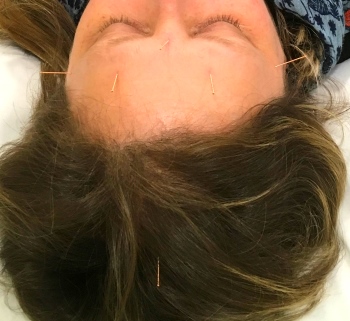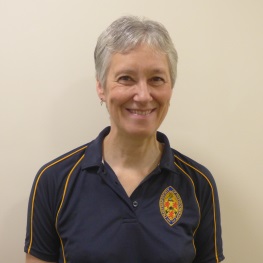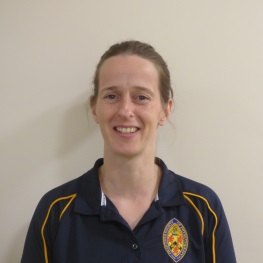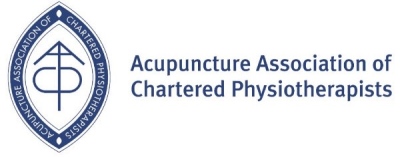Anyone who suffers from migraine knows how severely it can disrupt everyday life. Migraine is more than just an intense headache; it can cause many other symptoms including nausea and vomiting with hypersensitivity to light, noise movement or smell. Severe migraine can greatly impact on your normal work or routine and frequent or chronic migraine can have a big effect on your life.

There is no cure for migraine, and finding the best treatment can sometimes be a long process. However, there is strong evidence that acupuncture can be an effective treatment in reducing and preventing migraines. The National Institute for Health Care Excellence (NICE) found that acupuncture was as effective as prophylactic drug treatment. The Scottish Intercollegiate Guidelines Network (SIGN) and British Association for the Study of Headache also recommend acupuncture for migraine, so there is broad expert consensus that it is at least worth trying.
Acupuncture involves the insertion of very fine needles into particular points on the skin. NICE recommend up to 10 treatments for migraine, although many people gain benefit after just a few sessions. Research studies show that acupuncture is very safe when practiced by qualified doctors or physiotherapists. Side effects are rare, and any that do occur are minor and self-correcting such as slight bruising.
Melanie Poleson from Shetland describes her experience:

I had frequent debilitating migraines for many years. I tried a variety of medications prescribed by my doctor, elimination diets and even daith ear piercings, but all with limited success. Unhappily, I still had 2 to 3 migraines per week, plus 2 icepick type headaches per week.
I have now had 7 acupuncture sessions at Yasp Physiotherapy Clinic, and I can safely say that this has been the most successful treatment I have tried. Since starting acupuncture, I have no icepick headaches at all, and in the past six weeks I have only had one migraine.
For anyone who has never experienced acupuncture I would say that sometimes I felt just a momentary pin prick as the needle went in, and sometimes I felt nothing at all. Then I would get the slightly funny ‘De Qi’ feelings. Margaret explained that those feelings are a sign that the acupuncture is working well.
Margaret points out that acupuncture doesn’t work for everyone, but research shows that more than half of the people who try acupuncture for migraine get a significant benefit. There is variation between individuals regarding how long improvements last, but typically a top up session may be required several months after the first course of acupuncture.
At Yasp both Paula Wishart and Margaret Gear practice acupuncture. If you have any queries, or would like to discuss whether acupuncture might work for you, then you can phone Margaret or Paula on 01595 747074, or email info@yasp.scot



